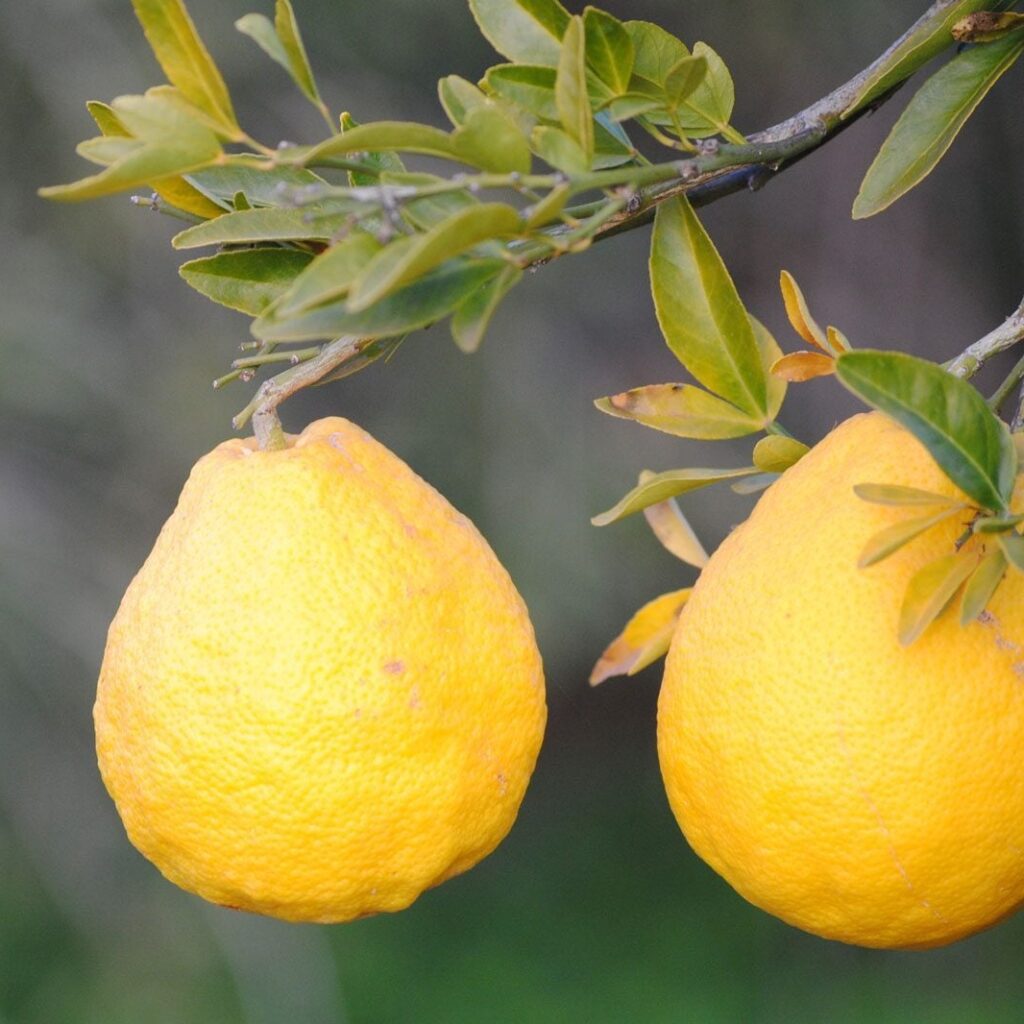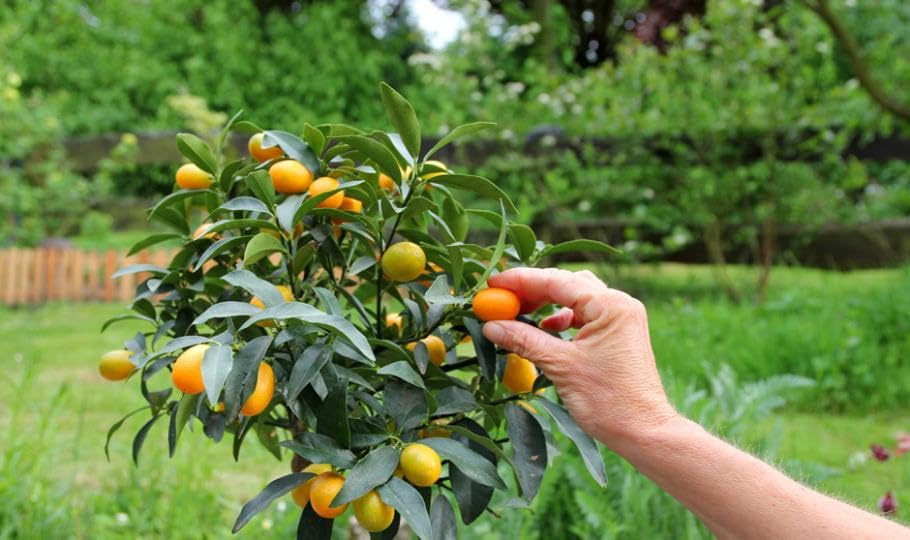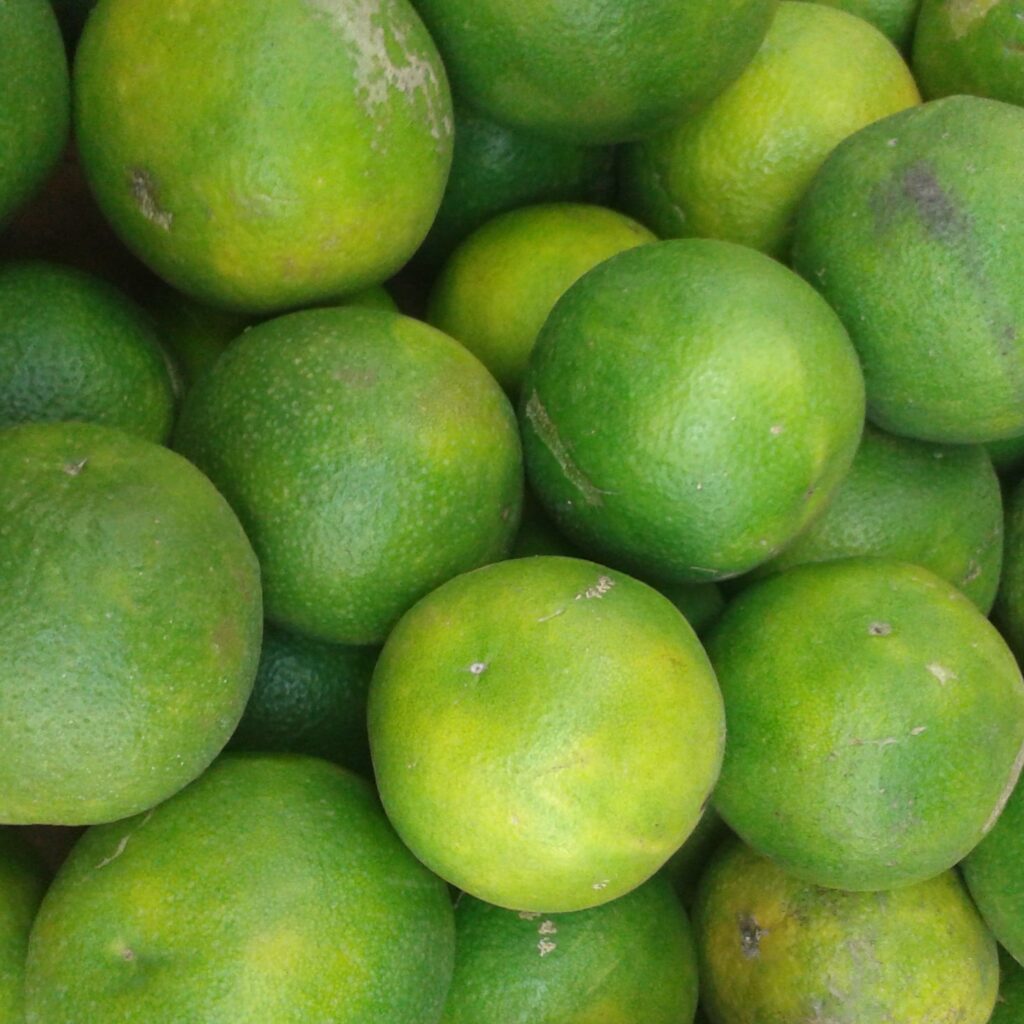Sweet lemon, also known as mosambi in India and Citrus limetta in botanical terms, is a beloved citrus fruit valued for its mild, sweet flavor, refreshing juice, and notable health benefits. Often overshadowed by its tangy cousins like oranges and lemons, sweet lemon offers a unique, less acidic citrus experience. This article delves into the origins, cultivation, nutritional benefits, and ultimately answers the vital question: Which country is the largest sweet lemon producer in the world?
What Is Sweet Lemon?

Sweet lemon is a small, round to oval citrus fruit with a smooth, greenish-yellow skin when ripe. It is known for its pale, juicy, and sweet-tasting flesh, which lacks the tartness typical of other citrus varieties. The fruit is commonly enjoyed fresh, in juices, and as a natural remedy for digestive issues and dehydration.
Historical and Cultural Importance
Sweet lemon is believed to have originated in the Indian subcontinent and surrounding regions. It holds significant cultural value in India, Pakistan, and Iran, where it’s widely consumed for its cooling and medicinal properties. The fruit is often offered to guests, served during festivals, and used in traditional Ayurvedic treatments.
The Largest Sweet Lemon Producer in the World: India

India is the largest producer of sweet lemon in the world.
Why India Leads in Sweet Lemon Production
1. Optimal Climate Conditions: Sweet lemon thrives in India’s tropical and subtropical climate, with moderate temperatures and monsoon rains supporting robust cultivation.
2. Widespread Cultivation Regions: Major sweet lemon producing states include Maharashtra, Andhra Pradesh, Tamil Nadu, Punjab, and Uttar Pradesh, where extensive orchards and home gardens contribute to high yields.
3. Cultural and Culinary Importance: Known locally as mosambi, sweet lemon is a staple in Indian homes. The fruit’s juice is one of the most popular street-side beverages, especially during the sweltering summer months.
4. Medicinal and Ayurvedic Uses: Sweet lemon is valued in Ayurveda for its digestive, hydrating, and immunity-boosting properties. It’s often prescribed for indigestion, fevers, and as a cooling drink for heatstroke.
5. Strong Domestic Market Demand: India’s vast population and affinity for fresh fruit juices and natural remedies fuel consistent domestic demand for sweet lemon.
Other Major Sweet Lemon Producing Countries
While India dominates global production, several other countries contribute to sweet lemon cultivation:
Iran: Sweet lemon is widely grown in southern Iran and is a popular household fruit.
Egypt: Known for its citrus orchards, Egypt produces sweet lemon primarily for local consumption.
Pakistan: Cultivated extensively in Punjab and Sindh, mosambi holds cultural and culinary importance similar to India.
Brazil: A significant producer of citrus fruits, Brazil also grows sweet lemon for its domestic markets.
Mexico: Though better known for lime and orange production, Mexico includes sweet lemon in its citrus portfolio.
Nutritional and Health Benefits of Sweet Lemon

Sweet lemon is a nutrient-rich, low-calorie fruit packed with health benefits:
- Rich in Vitamin C: Strengthens immunity and acts as an antioxidant.
- High in Dietary Fiber: Supports healthy digestion.
- Natural Hydration: Excellent source of electrolytes during summer.
- Contains Potassium and Calcium: Beneficial for heart and bone health.
- Digestive Aid: Traditional remedy for nausea, indigestion, and dehydration.
- Skin Benefits: Promotes clear, healthy skin and combats oxidative stress.
Culinary Uses of Sweet Lemon
Sweet lemon’s mild flavor and juicy pulp make it ideal for:
- Fresh Juices: A popular, cooling street drink in India.
- Fruit Salads: Adds a sweet citrus note.
- Mocktails and Smoothies: Blended with other fruits.
- Traditional Remedies: Mixed with honey or black salt for digestive relief.
- Desserts: Incorporated into sorbets, ice creams, and jellies.
Economic Importance in India

Sweet lemon cultivation plays a significant role in India’s agricultural economy:
- Employment for Rural Communities: Provides livelihood to farmers and fruit vendors.
- Street Food and Beverage Industry: A staple in juice stalls and cafes.
- Ayurvedic and Herbal Markets: Demand for fresh and processed sweet lemon products.
- Export Potential: Though largely consumed domestically, there’s growing interest in exporting sweet lemon juice and concentrates.
Challenges in Sweet Lemon Production
Despite its popularity, sweet lemon production faces several challenges:
- Susceptibility to Citrus Pests and Diseases: Including citrus canker and leaf miners.
- Climate Vulnerabilities: Sensitive to frost and prolonged drought.
- Post-Harvest Losses: Perishable nature affects storage and transport.
- Limited Global Export Presence: Fresh fruit exports remain limited due to shelf life constraints.
Future Prospects for Global Markets

Sweet lemon is gaining international recognition for its unique flavor and health benefits:
- Growing Health Food Trends: Demand for natural, vitamin-rich drinks.
- Value-Added Products: Sweet lemon concentrates, jams, and herbal formulations.
- Ayurvedic Exports: As interest in holistic and natural remedies increases.
- Culinary Innovation: Use in fusion cuisines, gourmet beverages, and artisanal desserts.
Conclusion
India’s fertile lands, favorable climate, rich culinary traditions, and deep-rooted Ayurvedic practices have solidified its position as the largest sweet lemon producer in the world. From bustling market stalls to ancient wellness clinics, sweet lemon remains an integral part of India’s gastronomic and medicinal heritage.
While countries like Iran, Egypt, and Pakistan maintain their own traditions of sweet lemon cultivation, none match India’s production scale, market demand, or cultural significance. As awareness of its health benefits and culinary versatility spreads globally, sweet lemon is poised to earn a well-deserved place in the world’s citrus spotlight.





